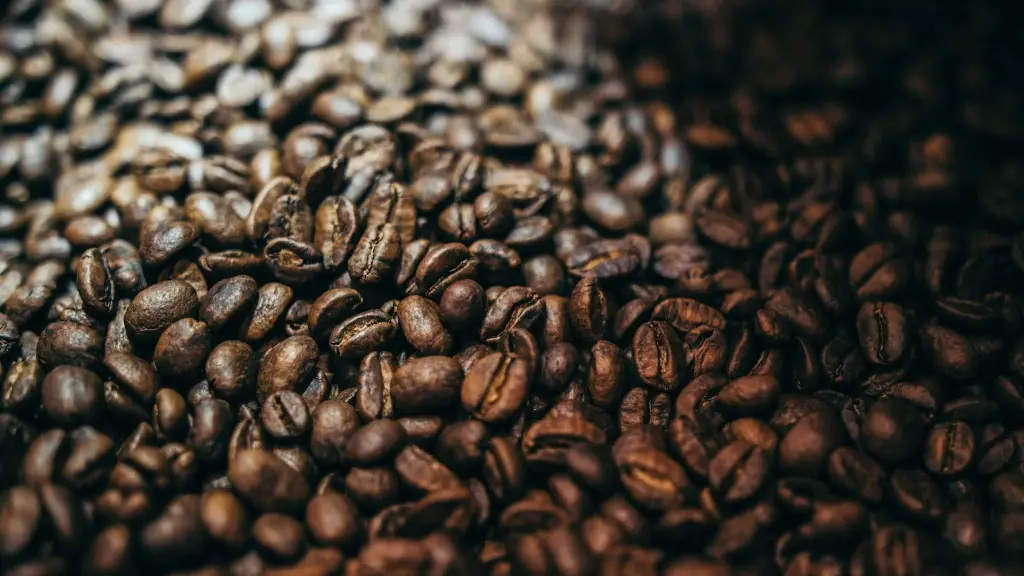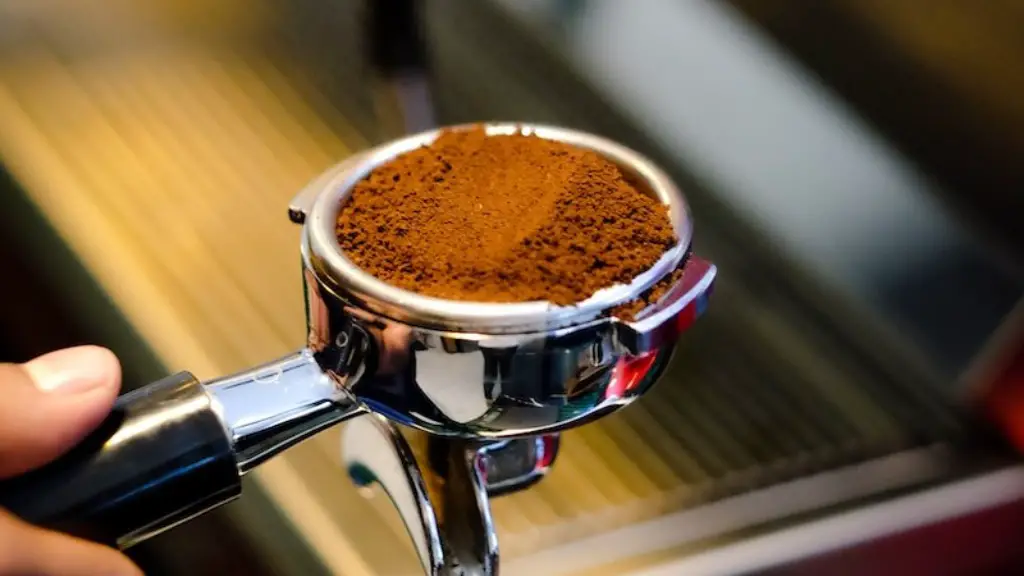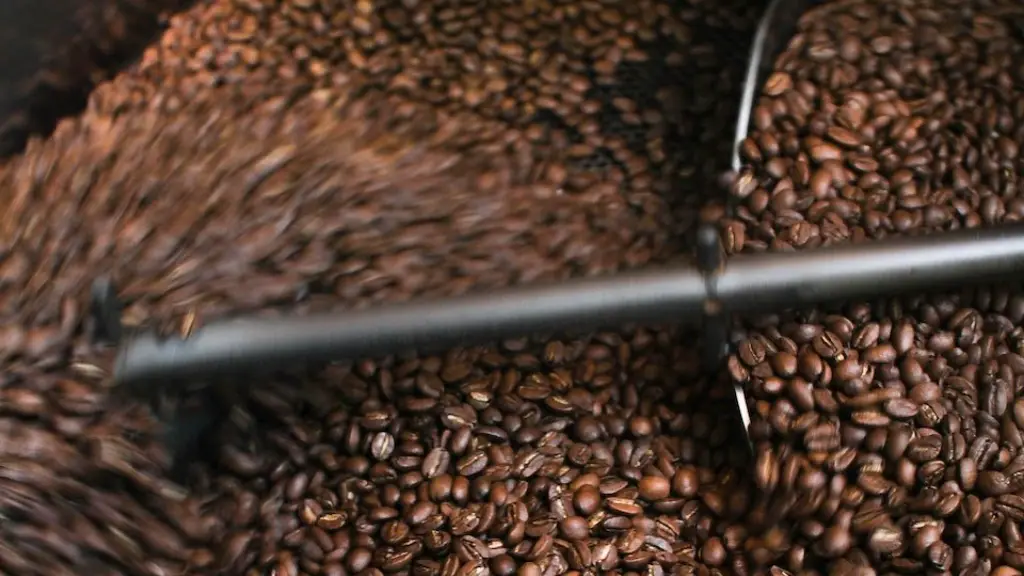Is It Normal to Have Diarrhea After Drinking Coffee?
Coffee is a popular beverage enjoyed by millions of people around the world for its pick-me-up effects. Despite its pleasant effects, some individuals have a reaction to the beverage. One such reaction can be experiencing diarrhea after drinking coffee. Many individuals may be wondering if this is a normal occurrence and if so, why?
The mechanism behind why coffee causes diarrhea is related to how coffee stimulates the production of gastrointestinal fluids. The increase in such fluids stimulate the contraction of the intestines, which can lead to loose stool or, in some cases, diarrhea. This is why having coffee leads to a need to use the restroom shortly thereafter.
The research of the University of California San Francisco Medical Center states that some individuals may be sensitive to high amounts of caffeine and therefore be prone to experiencing an increase in gastrointestinal fluids and thus, subsequent diarrhea episodes. The reaction appears to be dose related, meaning that the more coffee one drinks, the greater the chances for diarrhea. This is why it’s important to be aware of your body’s response to caffeine and adjust accordingly.
Dr. Arnold Wald, an assistant professor at the Yale School of Medicine, explains why caffeine is behind this response and not the act of drinking coffee itself. He states that it’s the presence of caffeine in the beverage that stimulates the nerves in the stomach and intestine, leading to the production and release of gastrointestinal fluids. He warns against trying to overcompensate and drinking more coffee in an effort to avoid such reactions, only to end up worsening one’s experience.
Coffee Alternatives
Although coffee is a popular drink, it is not a necessity. There are a variety of coffee alternatives on the market that serve as an alternative for those seeking a pick-me-up without the risk of experiencing coffee-induced diarrhea. For example, one can choose from caffeine-free coffee, green tea, roasted barley, and other beverages that can boost one’s mood without having the same adverse effects.
According to the Center For Science in the Public Interest, herbal teas, such as chamomile, peppermint, and ginger, can also be beneficial in reducing caffeine-induced stomach discomfort. By opting for herbal tea, you can enjoy a warm and flavorful beverage without the worry of experiencing a sudden urge to go to the restroom.
Decaffeinated coffee is also an option. It is widely available in supermarkets, coffee shops, and health food stores. Decaffeinated coffee can provide you with the same smell and taste of coffee without the risk of adverse effects.
Caffeine Intolerance
If you are still experiencing diarrhea after drinking coffee or coffee alternatives, you may have a caffeine intolerance. Caffeine intolerance is a condition in which a person is hypersensitive to caffeine and experiences adverse effects from even small amounts. Individuals with this condition may experience nausea, abdominal pain, diarrhea, and other gastrointestinal issues. This is why it’s important to be aware of your body’s response to caffeine and adjust accordingly.
It’s important to speak to a healthcare provider if you think you may have a caffeine intolerance. A healthcare provider can diagnose the condition and provide treatment options to reduce and relieve the symptoms associated with the condition.
Tips to Avoid Diarrhea
For those who want to enjoy coffee without the risk of diarrhea, there are a few tips that one can adhere to. Firstly, it’s important to limit your caffeine intake and to drink coffee in moderation. The current recommended daily intake of caffeine is 400 milligrams or less.
Also, it’s important to monitor your body’s response to coffee. Monitor for changes in bowel movements, abdominal pain, and other adverse reactions. If you experience any of these symptoms, it is best to reduce or stop drinking coffee.
Some individuals may find it easier and more convenient to opt for decaffeinated coffee or coffee alternatives. Such alternatives can provide you with the same flavor and effects of coffee without the worry of adverse effects.
Caffeine Tolerance
If you drink a lot of coffee and are used to its effects, caffeine tolerance may play a role in your body’s response to coffee. Caffeine tolerance can develop over time and thus, decrease your body’s sensitivity to the effects of caffeine. In such cases, it may be easier for you to consume coffee without the risk of experiencing diarrhea.
This is why it is important to be aware of your body’s response to caffeine and adjust accordingly. Caffeine sensitivity differs from person to person and thus, it is important for each individual to adjust their caffeine intake accordingly. This can help with avoiding the development of caffeine tolerance and by extension, prevent the risk of experiencing adverse reactions to caffeine.
Benefits of Coffee
Coffee offers a variety of potential health benefits when consumed in moderation. Studies have found that coffee may reduce one’s risk of developing cardiovascular diseases, certain types of cancer, and other diseases. Coffee can also boost one’s mood, cognitive function, and metabolism.
Although coffee can provide a variety of benefits, it is important to remember that too much of anything can be detrimental. Therefore, it’s important to consume coffee in moderation and be aware of the potential adverse reactions. Consider tracking your intake in order to monitor your body’s response.
Natural Remedies for Diarrhea
If you have experienced diarrhea after drinking coffee, there are a few natural remedies that you may consider in order to reduce the symptoms.
For starters, you can opt for probiotic yogurt which can help to balance out the bacteria in your digestive system. You can also opt for chamomile or ginger tea, both of which can provide soothing effects to the digestive tract.
In addition, you can try eating bananas. Bananas are high in fiber and can help to solidify stool. Bananas may also provide relief from abdominal discomfort.
Finally, you can try taking activated charcoal, as it can help to reduce gastrointestinal gas and bloating. It can also help to reduce the activity of bacteria in the intestines, which can lead to an improvement in overall digestive function.
Summary
In short, it is not normal to experience diarrhea after drinking coffee. It is likely that caffeine sensitivity or intolerance may be behind one’s experience. In such cases, it is important to adjust your caffeine intake accordingly and consider opting for coffee alternatives. If you have experienced diarrhea after drinking coffee, consider engaging in natural remedies or speaking to a healthcare provider for professional help.





